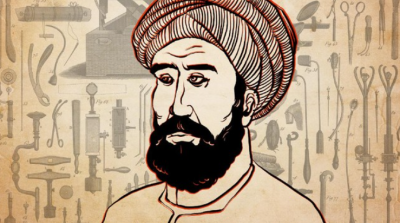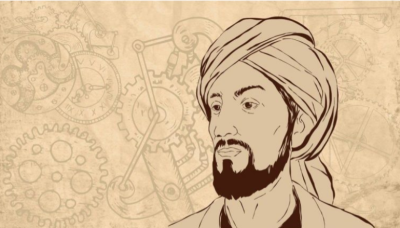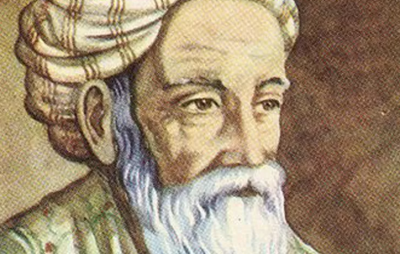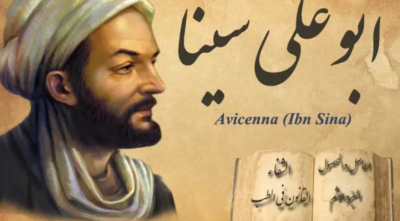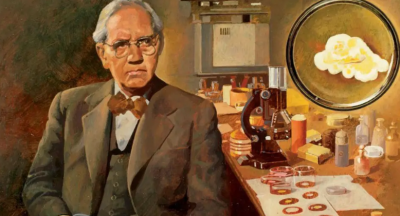
The story of Isaac Newton
- account_circle admin
- calendar_month 20/03/2025
- visibility 173
- comment 0 komentar
- label Scientists Speaking
The Story of Isaac Newton
A long time ago, in a small village in England, a boy named Isaac Newton was born. It was Christmas Day in the year 1642. His father had died before he was born, and his mother took care of him. Isaac was a small and weak baby, and no one thought he would survive. But he did, and he grew up to become one of the greatest scientists in history.
Isaac’s Childhood
Isaac was not like other children. He was very curious and liked to ask questions. He wanted to know how things worked. He loved to build things with his hands. When he was a child, he made small machines like windmills and water wheels. He even built a small sun-dial to tell the time.
When Isaac was 12 years old, he went to a school called The King’s School in Grantham. At first, he was not very interested in studying. He liked to daydream and think about different things. But one day, a boy in his class started to tease him. Isaac decided that he would become the best student in his class. He worked very hard and soon became the top student.
The Apple Tree Story
After finishing school, Isaac went to study at the University of Cambridge. He loved mathematics and science. He wanted to learn about the world around him. But in 1665, something terrible happened. A disease called the Great Plague spread across England, and many people died. The university had to close, and Isaac went back home to his mother’s farm.
It was during this time that something amazing happened. One day, Isaac was sitting under an apple tree in his garden. Suddenly, an apple fell from the tree. Isaac started thinking, “Why did the apple fall straight down? Why didn’t it go to the side or up?” He realized that there must be a force pulling the apple to the ground. This force, he thought, must be the same force that keeps the Moon moving around the Earth. This idea later became his famous theory of gravity.
Isaac’s Discoveries
Isaac Newton made many discoveries in science. He studied light and found that white light is made up of many colors. He also invented a special kind of telescope that was much better than the ones before. But his greatest work was his book called Principia Mathematica. In this book, he explained the laws of motion and gravity. His three laws of motion are still used in physics today.
- The First Law: An object will stay still or move in a straight line unless a force acts on it.
- The Second Law: The force on an object depends on its mass and how fast it moves.
- The Third Law: For every action, there is an equal and opposite reaction.
These laws helped people understand how things move. They are used in everything from building bridges to sending rockets into space.
Newton’s Later Life
Isaac Newton became a very famous scientist. He was made a professor at Cambridge and later became the President of the Royal Society, an important group of scientists. He also worked at the Royal Mint, where he made sure that money was made properly.
Even though he was a great scientist, Newton was a quiet man. He did not like to talk much and spent most of his time thinking and writing. He never got married and did not have any children. But his work changed the world forever.
The Legacy of Isaac Newton
Isaac Newton lived a long life and died in 1727 at the age of 84. He was buried in Westminster Abbey, a great honor in England. His ideas helped people understand the universe better. Today, students all over the world learn about his discoveries.
Because of Newton, we understand how objects move, why planets stay in orbit, and how light works. His ideas made it possible for us to build airplanes, cars, and even space rockets. Without Newton, science would not be the same.
Isaac Newton once said, “If I have seen further, it is by standing on the shoulders of giants.” He meant that his discoveries were possible because of the scientists before him. Today, scientists continue to learn and build on his work, making new discoveries every day.
And so, the story of Isaac Newton reminds us that curiosity and hard work can change the world. Who knows? Maybe the next great scientist is sitting in a classroom right now, wondering why an apple falls from a tree!

